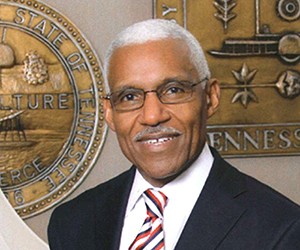As of Thursday’s filing deadline, the lineup cards are in for the first major voting of the campaign year: the county Democratic and Republican primaries of May 3, pending withdrawals by next Thursday. Most of the primary races are between Democrats, though a serious showdown in August will come for some of those Democratic winners, as formidable Republican foes will await them on the general election ballot. (Incumbents’ names are in caps.)
DEMOCRATIC PRIMARY
MAYOR: The County’s first-term chief executive, LEE HARRIS, will be favored against city administrator Kenneth Moody and Michael Banks. City Councilman Worth Morgan, a Republican, lies in wait for the August general election.
SHERIFF: FLOYD BONNER, JR., who also has de facto Republican endorsement, is highly favored against challenger Keisha Scott.
ASSESSOR: MELVIN BURGESS, who probably has ambitions down the line, should be secure against this relatively unknown challenger, Roderick Blount.
CIRCUIT COURT CLERK: Veteran TEMIKA GIPSON will have all she can handle against challenger Jamita E. Swearengen, the current Memphis City Council chair and member of a prominent political clan.
COUNTY CLERK: Activist clerk WANDA HALBERT should be well positioned vs. Arriell Gipson (daughter of Temika Gipson), Mondell Williams, and William Stovall.
JUVENILE COURT CLERK: Retiring County Commissioner Reginald Milton could have brisk challenges from TV reporter Janeen Gordon, former School Board member Stephanie Gatewood, and Marcus Mitchell.
PROBATE COURT CLERK: BILL MORRISON is opposed by Eddie Chism and retiring County Commissioner Eddie Jones.
REGISTER: SHELANDRA FORD is matched against retiring Commissioner Willie Brooks and Wanda Faulkner.
TRUSTEE: REGINA NEWMAN will be highly favored against frequent candidates Roderic Ford and Marion Alexandria-Williams (aka M. LaTroy Williams). Former GOP County Commissioner Steve Basar will oppose the winner in August.
CRIMINAL COURT CLERK: HEIDI KUHN has won awards and is hustling hard to stave off a repeat primary opponent, Carla Stotts, and Maeme Bernard.
DISTRICT ATTORNEY GENERAL: The celebrated legal activist Steve Mulroy, a former County Commissioner and University of Memphis law professor, is favored against two able opponents, Linda Harris and Janika White, for the right to challenge the formidable Republican incumbent AMY WEIRICH in August.
COMMISSION #5: The newly forged Cordova seat on the County Commission has drawn three formidable aspirants, the Commission’s able administrative assistant Quran Folsom, recently retired School Board member Shante Knox-Avant, and Reginald French, a prominent aide to former Memphis Mayor Willie Herenton.
COMMISSION #6: Minister/activist Charlie Caswell is matched against former Young Democrat president Alexander Boulton.
COMMISSION #7: Former legislator and Commissioner Henri Brooks is hazarding a comeback against School Board vice chair Althea Greene, Kathy Temple, and Cartavius Black.
COMMISSION #8: MICKELL LOWERY will run unopposed and will have no Republican opponent in August.
COMMISSION #9: EDMUND FORD, Jr. will defend his turf against contenders Sam Echols and Sean Harris.
COMMISSION #10: Activist Britney Thornton, she of the unofficial homeless shelter, vs. lawyer Kathy Kirk, member of a Memphis political family, and Teri Dockery.
COMMISSION #11: Human Resources specialist Candice Jones vs. School Board member Misaka Clay Bibbs and Eric Winston.
COMMISSION #12: Erika Sugarmon, the well-known activist and member of a legendary political family, has challengers in Reginald Boyce, David Walker, and Jasmes Bacchus.;
COMMISSION #13: MICHAEL WHALEY, running in a new district unopposed, will be challenged in August by Republican businessman Edward Apple.
Other Democratic candidates: Donna McDonald Martin vs. Kerry White in Commission District 1; Lynette Williams in Commission District 2; Britney Chauncey in Commission District 4.
REPUBLICAN PRIMARY
COUNTY COMMISSION # 4: In the only out-and-out Republican primary contest, BRANDON MORRISON is favored against challenger Jordan Carpenter.
Running unopposed in the GOP primary are: Worth Morgan, Mayor; Stephen Cross, Assessor; Sohelia Kail, Circuit Court Clerk; Jeffrey Jacobs, County Clerk; Steve Basar, Trustee; Paul Houston, Criminal Court Clerk; Rob White, Juvenile Court Clerk; DeWayne Jackson, Probate Court Clerk; Bryian Edmiston, Register; and District Attorney General AMY WEIRICH.
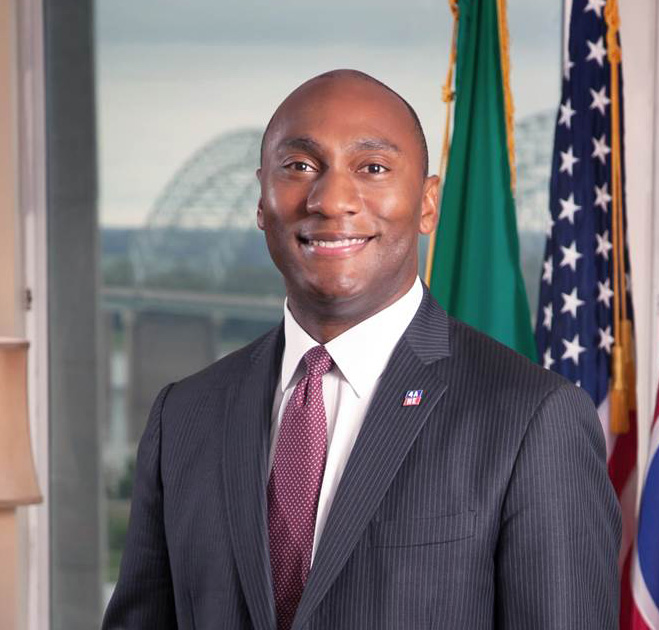
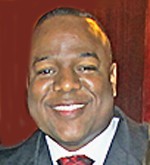 JB
JB 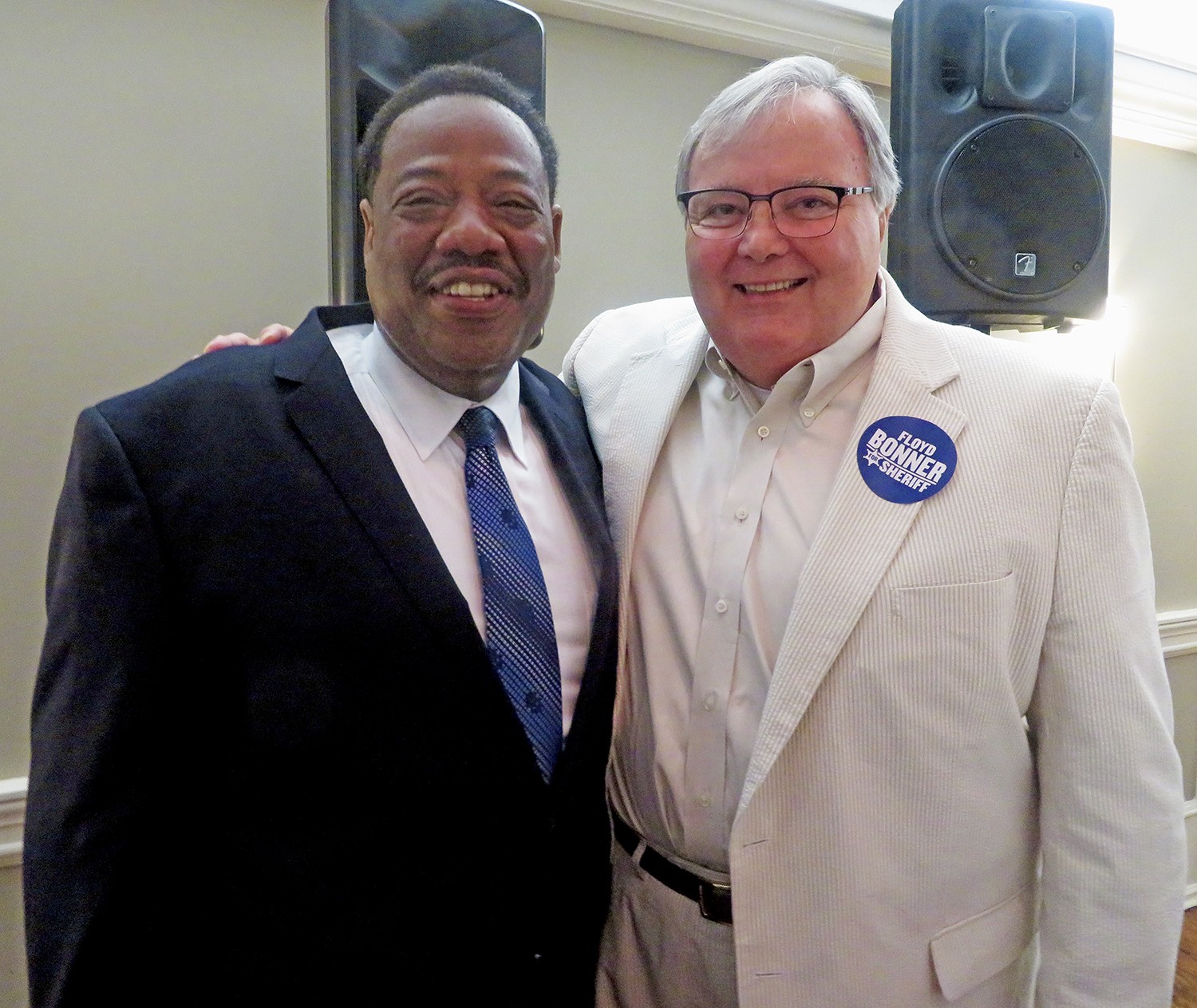 JB
JB 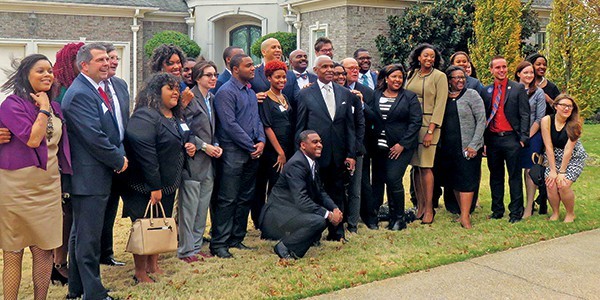 Jackson Baker
Jackson Baker 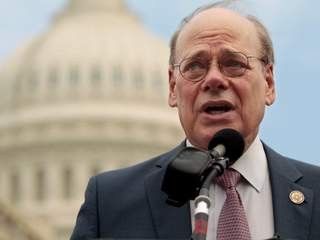

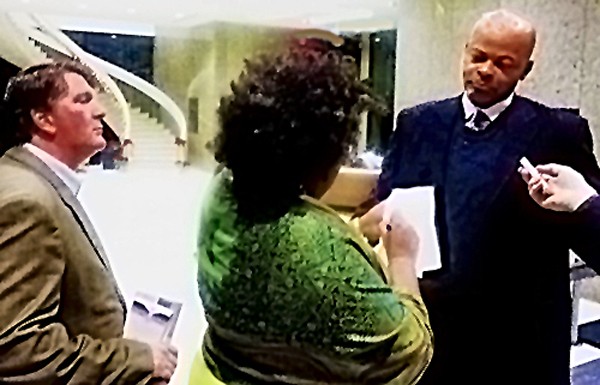 Jackson Baker
Jackson Baker 
